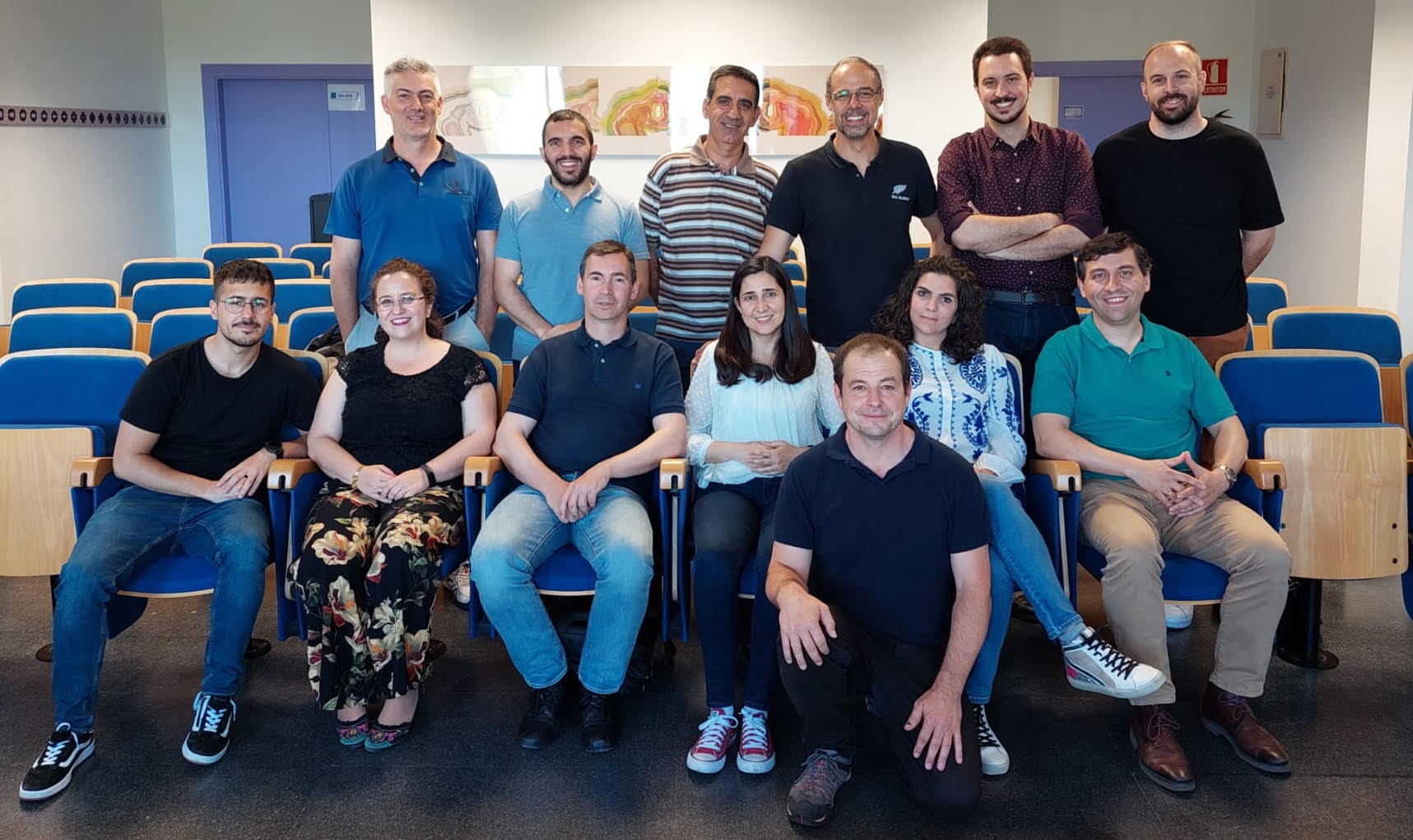
The NIL acronym (Natural Interaction based on Language) identifies a group of researchers and practitioners whose interests converge towards the development of interfaces based on language for modern day IT applications for modifying or finding information, issuing commands, or present output results in a way easy to understand.
Various Artificial Intelligence techniques contribute towards this goal. The mainstay of NIL is obviously a strong Natural Language Processing component. However, the complexities of language interactions require the use of additional techniques of Knowledge Representation, Expert Systems, Case-Based Reasoning, Evolutionary Algorithms, User Modeling and Computational Creativity.
NIL arises in 2005 to provide a minimal infrastructure to house colaborative projects between researchers at Universidad Complutense de Madrid. Nevertheless, it is open to contributions from researchers affiliated at other institutions if they are interested in the stated goals. At the same point, NIL is born with the overall goal of developing the technologies that it researchs on to the point where they can be used for practical applications. For this reason, we are always on the look out for opportunities to test the applicability of our work in real life situations.
- If you feel your own research might contribute to these goals and you would like to participate in NIL, please contact us.
- If you think that your business might benefit from applying one of the techniques that we are working on, or you reckon you may have a possible application for one of them, please contact us.
